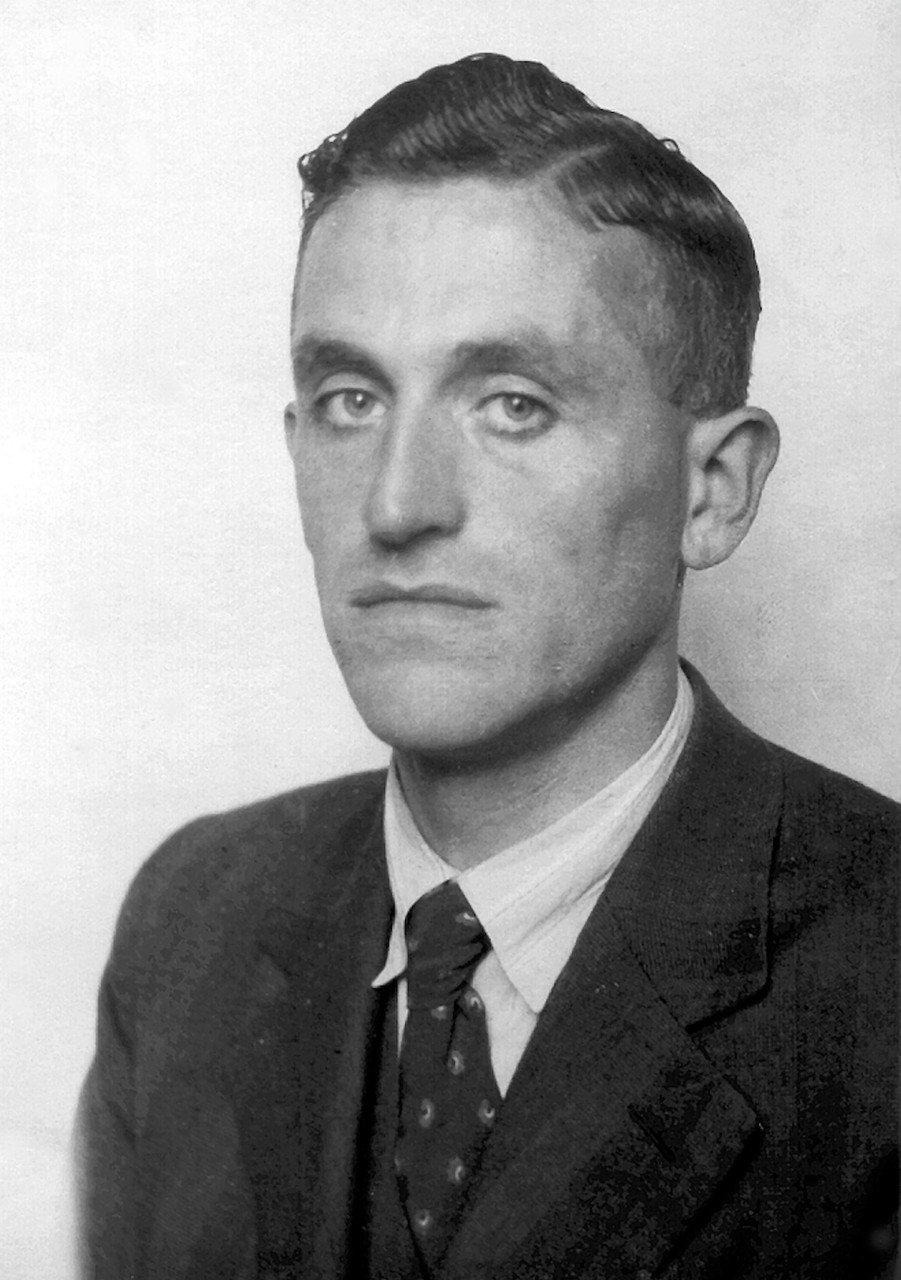On the 22nd of November 1944, he was arrested during a meeting with several resistance fighters in Utrecht at the Chamber of Commerce. He was detained at the King Willem III barracks in Apeldoorn. For 10 days he was tortured violently, but he did not say a word. On 2 December 1944, he was executed along with 14 other resistance fighters and an American prisoner of war. They were buried at the 'Heidenhof' cemetery in Ughelen.
Johannes van Zanten was of great significance as a resistance fighter during World War II. A famous heroic act that he participated in was the so-called stamp robbery in Tilburg, together with the armed resistance group of Soest. Thanks to the captured stamps, many people in hiding could be helped to get food.
A second important act of Johannes was the rescue of 16 paratroopers, who managed to leave the plane near Opheusden just in time during an emergency landing. They were received by Johannes' resistance group and housed at the Hazenhof farm in Kesteren. After three nights, they were rowed across the river Waal near IJzendoorn into liberated territory.
As indicated, his life ended dramatically on 2 December 1944 at the King Willem III Barracks in Apeldoorn. At the barracks, a so-called boulder monument has been built in memory of 15 resistance fighters and the fallen American prisoner of war. A commemoration takes place annually on the Friday preceding 2 December.
The life of Johannes van Zanten is described in a book by Conny van der Heyden-Versnel, titled 'Unjustly Accused'.
After the war, Johannes van Zanten was reburied in the old cemetery in Kesteren on 3 July 1945. The monument at the grave consists of a broken-off column, symbolising the sudden abortion of his life. At his grave, the annual remembrance day commemoration takes place on 4 May in Kesteren.
